 This week saw the publication of ‘Bridging Research and Policy: Practical Tips for Writing Policy Briefs‘ co-authored by Bournemouth University’s (BU) Dr. Pramod Regmi and Prof. Edwin van Teijlingen as well as former BU staff Dr. Nirmal Aryal. An effective policy brief bridges the gap between research findings and policymaking, ensuring that evidence is presented succinctly and in a way that is accessible and usable for policymakers and relevant stakeholders. It is an important step in what is called knowledge mobilisation. However, many researchers find it hard to communicate the findings of their studies to relevant policymakers, whilst policymakers note that the evidence they need is not easily accessible and is often not presented in an accessible format. Producing policy briefs is one of the approaches which academics can use to get their research noticed by policymakers.
This week saw the publication of ‘Bridging Research and Policy: Practical Tips for Writing Policy Briefs‘ co-authored by Bournemouth University’s (BU) Dr. Pramod Regmi and Prof. Edwin van Teijlingen as well as former BU staff Dr. Nirmal Aryal. An effective policy brief bridges the gap between research findings and policymaking, ensuring that evidence is presented succinctly and in a way that is accessible and usable for policymakers and relevant stakeholders. It is an important step in what is called knowledge mobilisation. However, many researchers find it hard to communicate the findings of their studies to relevant policymakers, whilst policymakers note that the evidence they need is not easily accessible and is often not presented in an accessible format. Producing policy briefs is one of the approaches which academics can use to get their research noticed by policymakers.
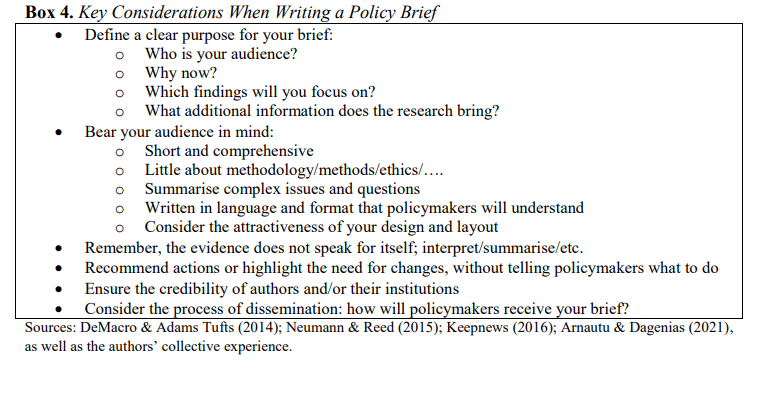 This practical paper outlines some of the trials and tribulations of producing policy briefs, based on real-world research. It offers several recommendations to help improve the writing and dissemination of policy briefs. The paper is published in an Open Access journal hence freely available to anybody across the globe with internet access.
This practical paper outlines some of the trials and tribulations of producing policy briefs, based on real-world research. It offers several recommendations to help improve the writing and dissemination of policy briefs. The paper is published in an Open Access journal hence freely available to anybody across the globe with internet access.
References:
- van Teijlingen, E., Balen, J., Regmi, P., Rushton, S., Simkhada, P., Aryal, N. (2025). Bridging Research and Policy: Practical Tips for Writing Policy Briefs. Journal of Health Promotion, 13(1),:89–96. https://doi.org/10.3126/jhp.v13i1.87170
 The event in Westminster Palace focused on ‘Wounds Beyond War: Sexual and/or Reproductive Violence as Means of Genocide’. On invitation by Baroness Kennedy of the Shaws LT KC, the International Bar Association’s Human Rights Institute, British Group Inter-Parliamentary Union, and the Coalition for Genocide Response, powerful testimonies and interventions were made by Alisa Kovalenko, survivor of Conflict Related Sexual Violence in Ukraine; Rahima Mahmut, Uyghur human rights defender; Melanne Verveer, Former United States Ambassador-at-Large for Global Women’s Issues; and Christina Lamb, Sunday Times foreign correspondent and author of ‘
The event in Westminster Palace focused on ‘Wounds Beyond War: Sexual and/or Reproductive Violence as Means of Genocide’. On invitation by Baroness Kennedy of the Shaws LT KC, the International Bar Association’s Human Rights Institute, British Group Inter-Parliamentary Union, and the Coalition for Genocide Response, powerful testimonies and interventions were made by Alisa Kovalenko, survivor of Conflict Related Sexual Violence in Ukraine; Rahima Mahmut, Uyghur human rights defender; Melanne Verveer, Former United States Ambassador-at-Large for Global Women’s Issues; and Christina Lamb, Sunday Times foreign correspondent and author of ‘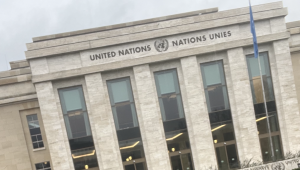 missing persons, it was heartening to visit the
missing persons, it was heartening to visit the 
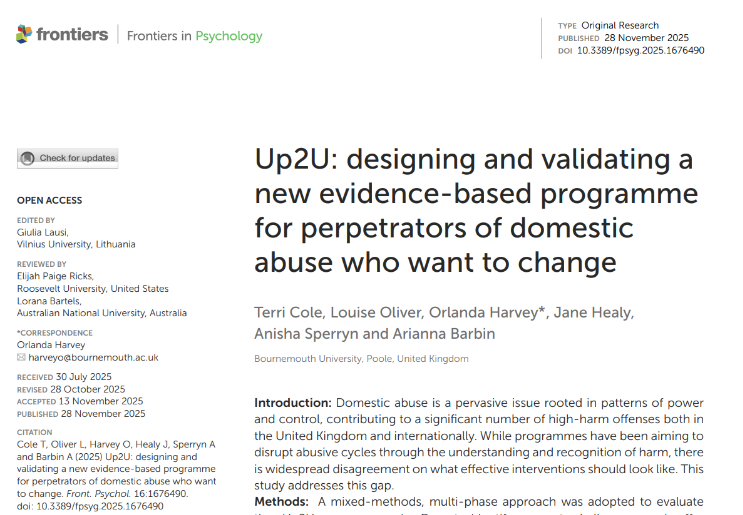
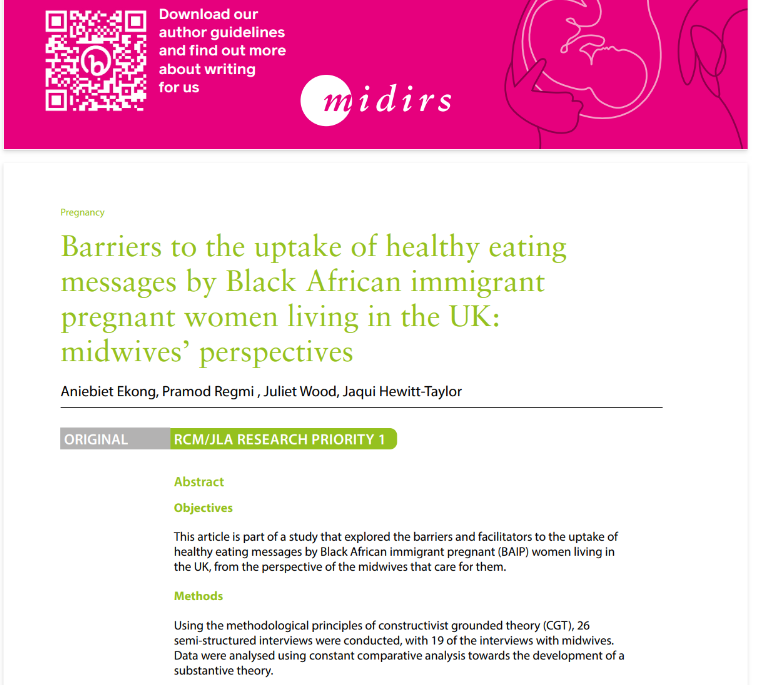
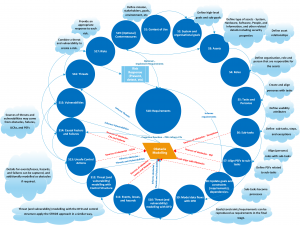
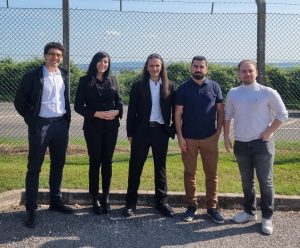
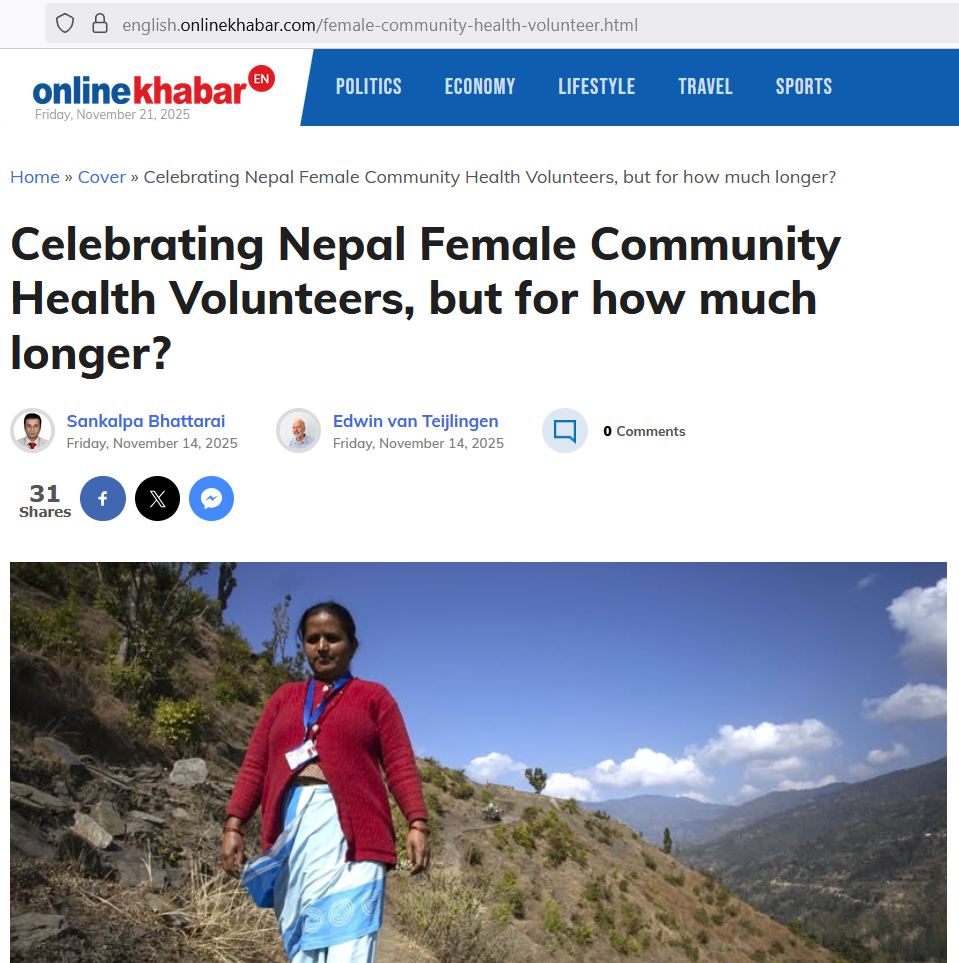

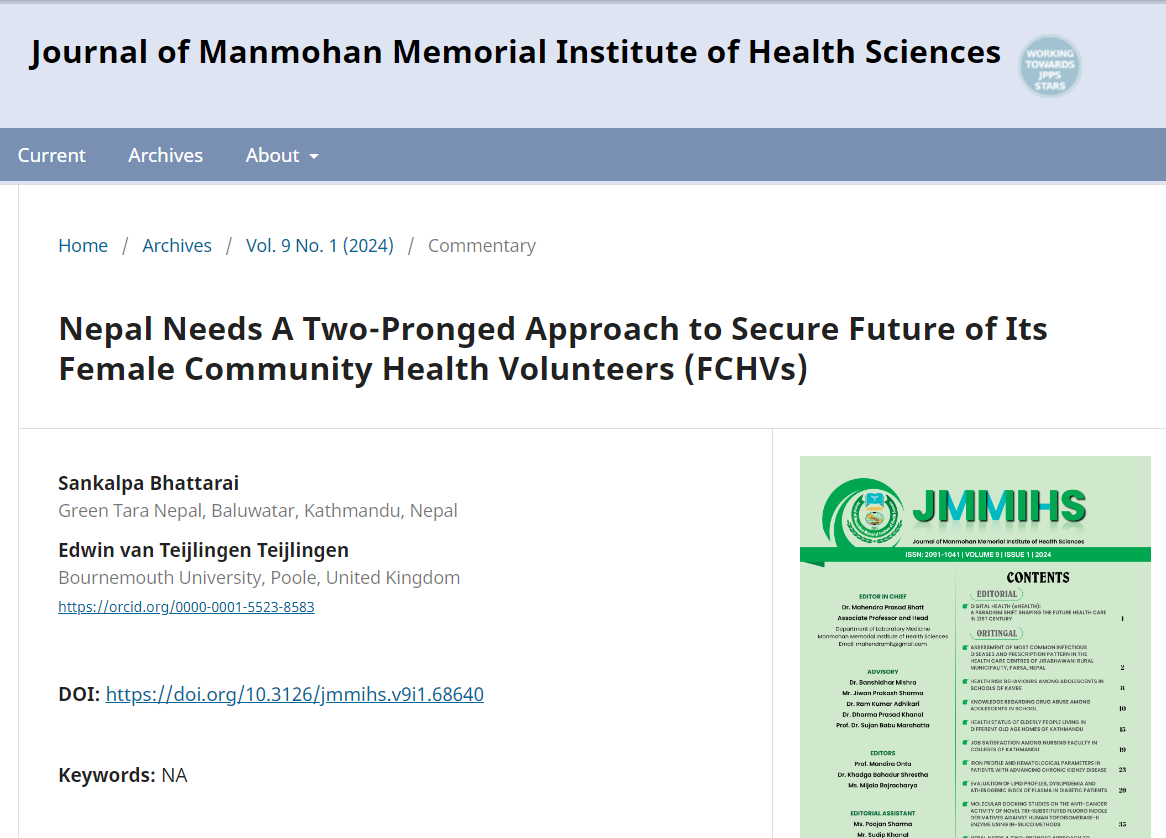


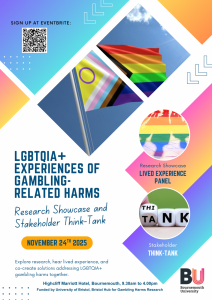
 Register now to attend the 17th Annual Postgraduate Research Conference, hosted by the Doctoral College.
Register now to attend the 17th Annual Postgraduate Research Conference, hosted by the Doctoral College.
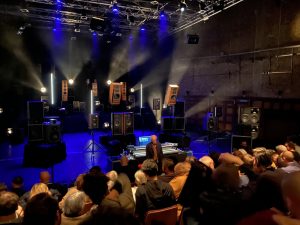


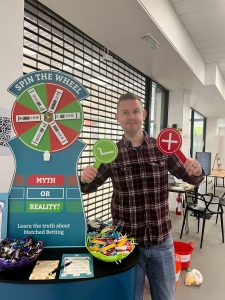
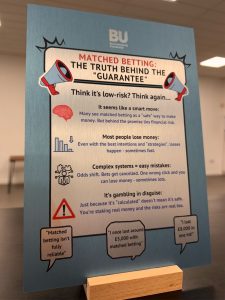
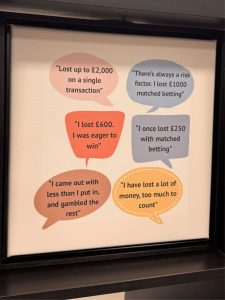











 Writing policy briefs
Writing policy briefs Upholding Excellence: The Concordat to Support Research Integrity
Upholding Excellence: The Concordat to Support Research Integrity Today’s Documentation Will Serve Tomorrow’s Justice
Today’s Documentation Will Serve Tomorrow’s Justice Up2U: New BU academic publication
Up2U: New BU academic publication New BU midwifery paper
New BU midwifery paper ECR Funding Open Call: Research Culture & Community Grant – Application Deadline Friday 12 December
ECR Funding Open Call: Research Culture & Community Grant – Application Deadline Friday 12 December MSCA Postdoctoral Fellowships 2025 Call
MSCA Postdoctoral Fellowships 2025 Call ERC Advanced Grant 2025 Webinar
ERC Advanced Grant 2025 Webinar Horizon Europe Work Programme 2025 Published
Horizon Europe Work Programme 2025 Published Horizon Europe 2025 Work Programme pre-Published
Horizon Europe 2025 Work Programme pre-Published Update on UKRO services
Update on UKRO services European research project exploring use of ‘virtual twins’ to better manage metabolic associated fatty liver disease
European research project exploring use of ‘virtual twins’ to better manage metabolic associated fatty liver disease